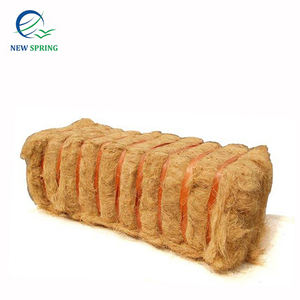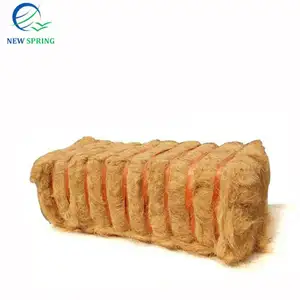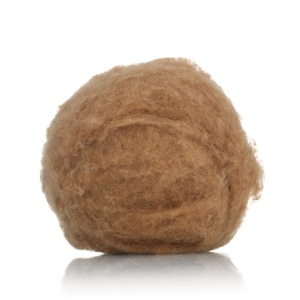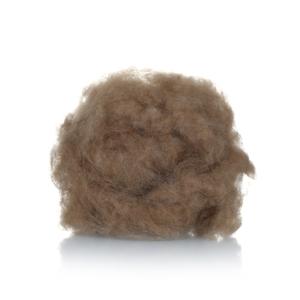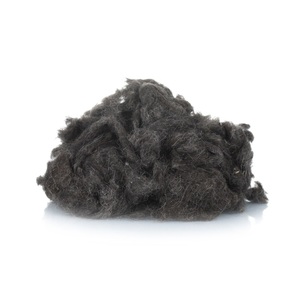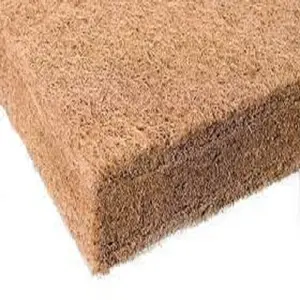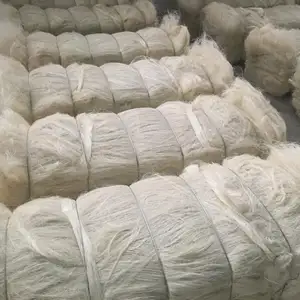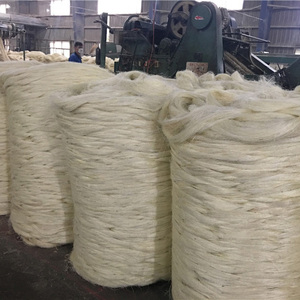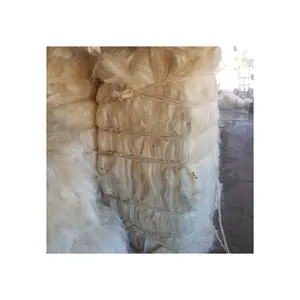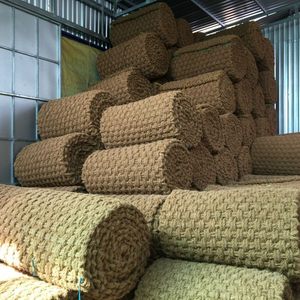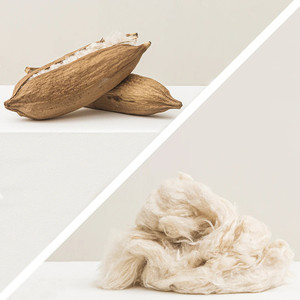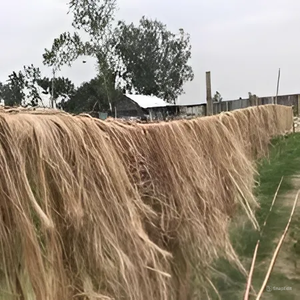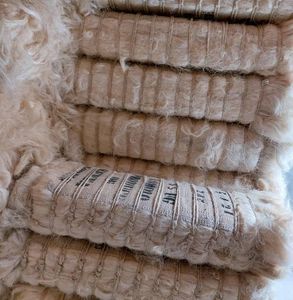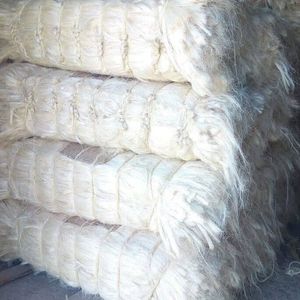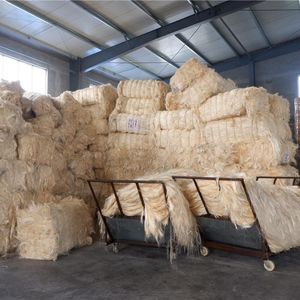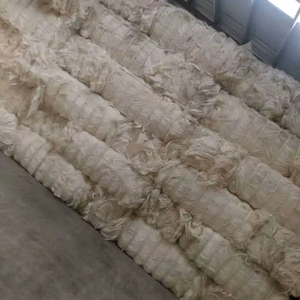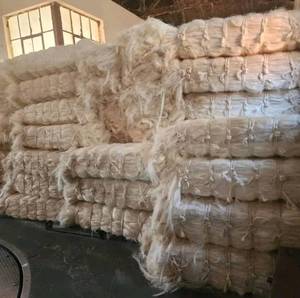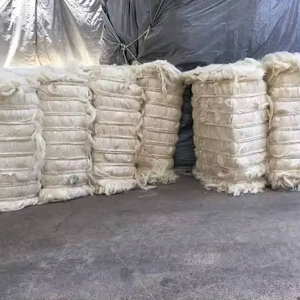Natural Fibers Examples


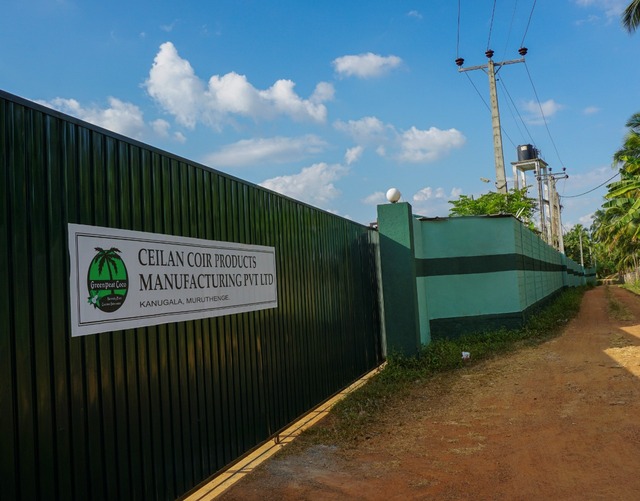

 1/3
1/3



 0
0




 1/2
1/2





 1/3
1/3




 1/3
1/3




 1/2
1/2




 1/3
1/3




 1/3
1/3




 1/3
1/3


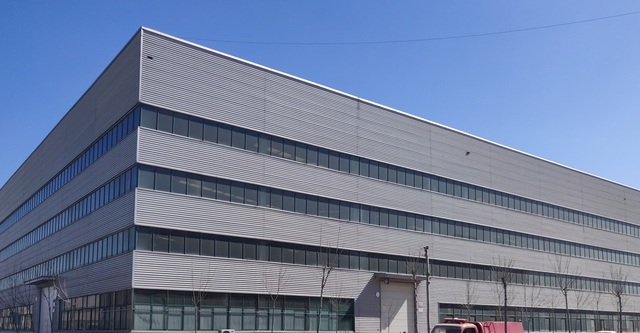
 1/1
1/1




 1/3
1/3




 1/3
1/3



 0
0


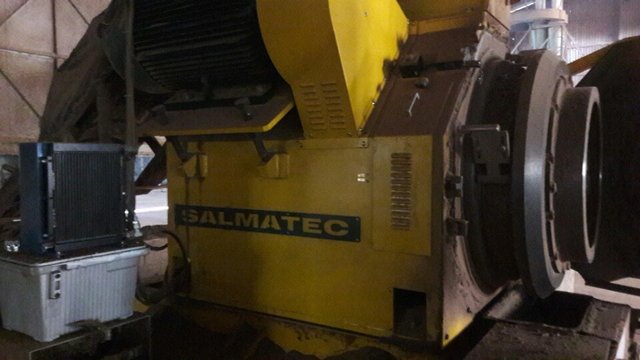

 1/3
1/3


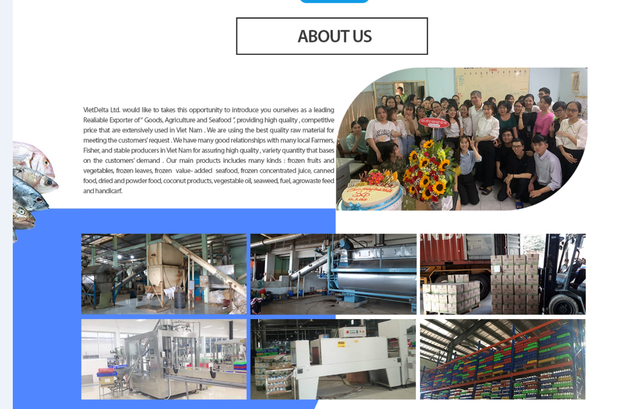
 1/1
1/1



 0
0



 0
0




 1/3
1/3




 1/3
1/3


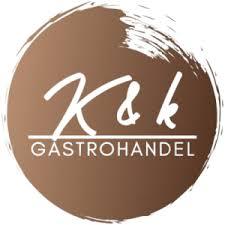
 1/1
1/1
About natural fibers examples
Where to Source Natural Fibers Examples Suppliers?
Global production of natural fibers is concentrated in Asia, with key suppliers based in China and Sri Lanka leveraging regional agricultural resources and established processing infrastructure. Coconut coir dominates the export portfolio from Sri Lanka, where tropical cultivation supports high-volume fiber extraction. Chinese manufacturers specialize in diversified natural fiber processing—including bamboo, hemp, flax, and animal-based fibers—supported by integrated chemical and textile treatment facilities that enable scalable output for industrial applications.
Suppliers in these regions benefit from vertically aligned supply chains, combining raw material sourcing with mechanical spinning, bleaching, dyeing, and fiber modification technologies. This integration enables rapid conversion of raw biomass into market-ready products such as coir mats, biodegradable erosion control textiles, and specialty staple fibers for composites and nonwovens. Buyers gain access to flexible production runs, with lead times typically ranging from 15–30 days depending on order complexity and finishing requirements. Cost efficiencies are further enhanced by localized feedstock availability, reducing input costs by up to 25% compared to Western processors.
How to Evaluate Natural Fibers Examples Suppliers?
Procurement decisions should be guided by structured supplier assessment criteria:
Material & Processing Capabilities
Verify the range of available fiber types (e.g., coconut, bamboo, hemp, wool, alpaca) and processing methods (raw, bleached, colored, waxed, cottonized). Confirm whether suppliers offer value-added treatments such as biodegradability enhancement or moisture resistance. For technical applications, ensure compatibility with downstream manufacturing processes like needle-punching, carding, or injection molding.
Quality Assurance Systems
Prioritize suppliers with documented quality management practices. While formal certifications (ISO 9001, OEKO-TEX, or GOTS) are not universally present among small-to-midsize exporters, evidence of consistent batch testing, moisture content control, and fiber length uniformity should be required. Request lab reports or sample analysis for critical parameters including tensile strength, micron count, and color fastness when applicable.
Production Capacity & Transaction Metrics
Assess operational scale through measurable indicators:
- Minimum Order Quantity (MOQ) thresholds: Ranging from 90 kg for specialty hemp to 18 metric tons for bulk coir
- On-time delivery performance: Top-tier suppliers report 100% fulfillment rates
- Average response time ≤4 hours indicates strong buyer support infrastructure
- Reorder rates above 50% signal customer satisfaction and product reliability
Cross-reference transaction data with production claims to validate scalability and service consistency.
What Are the Leading Natural Fibers Examples Suppliers?
| Company Name | Primary Materials | Min. Order Volume | Price Range (USD) | On-Time Delivery | Avg. Response | Online Revenue | Reorder Rate |
|---|---|---|---|---|---|---|---|
| CEILAN COIR PRODUCTS EXPORT (PRIVATE) LIMITED | Coconut Coir | 2–8 MT | $955–1,300/MT | - | ≤6h | - | - |
| Tianjin Greentech Chemical Fiber Co., Ltd. | Bamboo, Hemp, Chitosan, Pineapple | 90–300 kg | $1–58/kg | 100% | ≤3h | US $20,000+ | <15% |
| NEW SPRING IMPORT EXPORT TRADING COMPANY LIMITED | Coconut Coir, Coir Pots | 100 pcs–18 MT | $0.05–199/unit or MT | - | ≤4h | - | - |
| Shijiazhuang Sanxing Feather Processing Co., Ltd. | Wool, Alpaca, Camel, Raccoon | 300–5,000 kg | $0.85–29/kg | 100% | ≤4h | US $80,000+ | 50% |
| Tianjin Glory Tang Hi-Tech Fiber Co., Ltd. | Hemp, Flax, Bamboo | 100–3,000 kg | $1.70–13.99/kg | 100% | ≤3h | - | - |
Performance Analysis
Tianjin Greentech and Shijiazhuang Sanxing demonstrate robust operational discipline with verified 100% on-time delivery and strong online revenue transparency. Shijiazhuang Sanxing stands out with a 50% reorder rate, indicating high buyer retention likely driven by consistent wool and specialty animal fiber quality. Tianjin-based suppliers lead in responsiveness, with average reply times under 3 hours, supporting agile procurement cycles. CEILAN COIR focuses on large-volume coir exports ideal for geotextile and horticultural markets, while NEW SPRING offers low-MOQ options suitable for prototyping and niche product development. Buyers seeking diversified botanical fibers should prioritize companies with multi-material portfolios and chemical treatment capabilities.
FAQs
What are common natural fibers available from global suppliers?
Major examples include coconut coir, bamboo, hemp, flax, cotton, pineapple leaf fiber (Piña), chitosan (from crustacean shells), and animal fibers such as sheep wool, alpaca, camel, and raccoon. Each offers distinct mechanical, thermal, and biodegradation properties suited to textiles, composites, filtration, and agricultural applications.
What is the typical minimum order quantity for natural fibers?
MOQ varies significantly by fiber type and form. Bulk raw fibers (e.g., coir, hemp) often require 2–18 metric tons. Specialty or processed fibers (e.g., bleached hemp, alpaca) may have lower thresholds of 90–300 kg. Smaller items like coir pots can be ordered in units starting at 100 pieces.
Are samples available before placing bulk orders?
Yes, most suppliers provide samples upon request. Costs may apply depending on fiber rarity and processing level. Lead time for sample dispatch typically ranges from 3–7 business days, with shipping duration dependent on destination.
Can natural fibers be customized in color, texture, or finish?
Yes, many suppliers offer customization including bleaching, dyeing, waxing, and fiber length grading. Some provide blended formulations or modified surface treatments for improved adhesion in composite matrices. Technical specifications must be submitted in advance to assess feasibility.
What logistics options exist for international shipping?
Suppliers generally support FOB and CIF shipping terms. Sea freight is standard for bulk orders due to cost efficiency, while air freight is used for urgent samples or small consignments. Ensure compliance with import regulations related to organic materials, especially for agricultural or soil-contact applications.



















